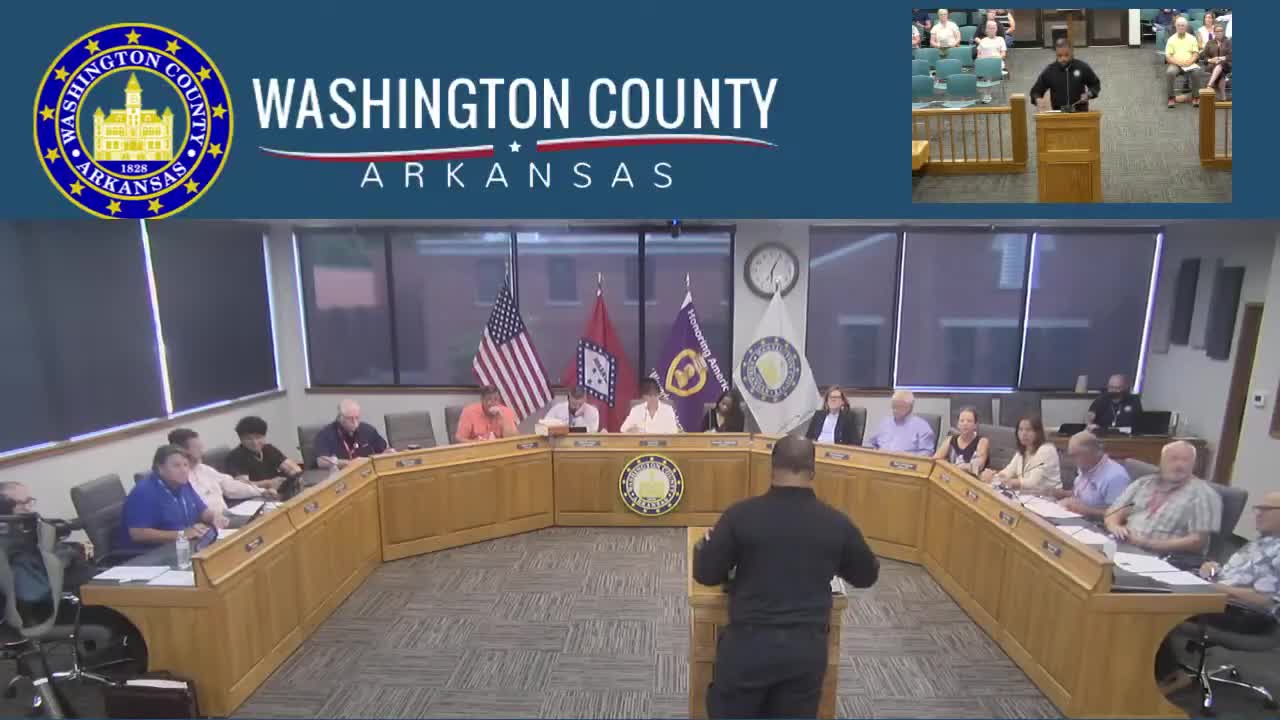Article not found
This article is no longer available. But don't worry—we've gathered other articles that discuss the same topic.
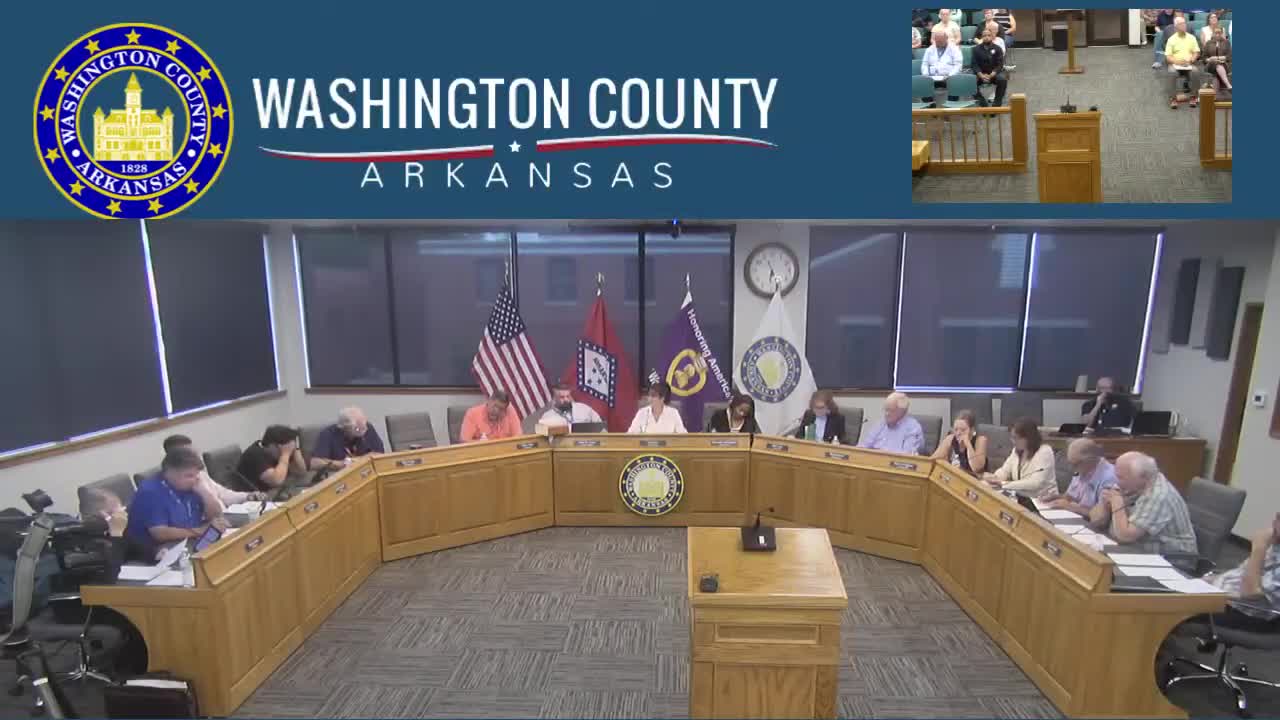
Committee rejects emergency ordinance to dissolve and reconstitute planning board to meet new state requirements
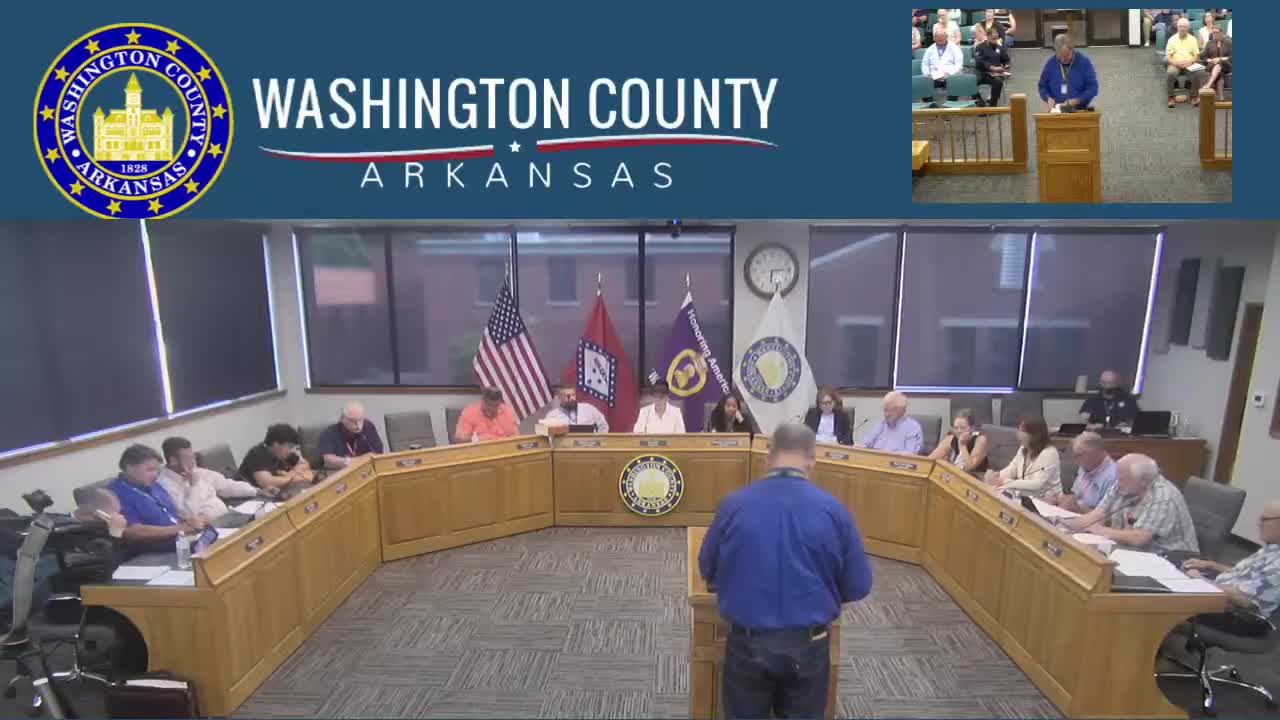
County services committee forwards 'good time' ordinance to full quorum court after debate on eligibility
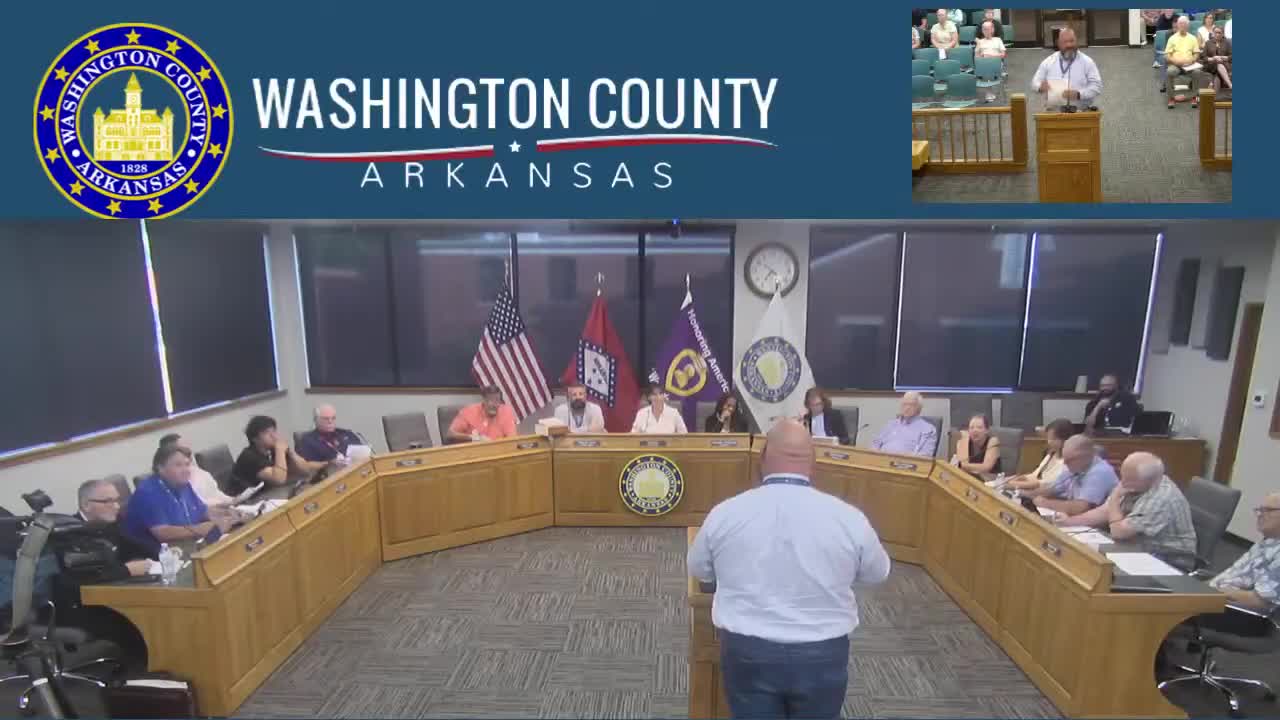
County officials propose larger, modern fuel island to improve emergency readiness and lower operating costs
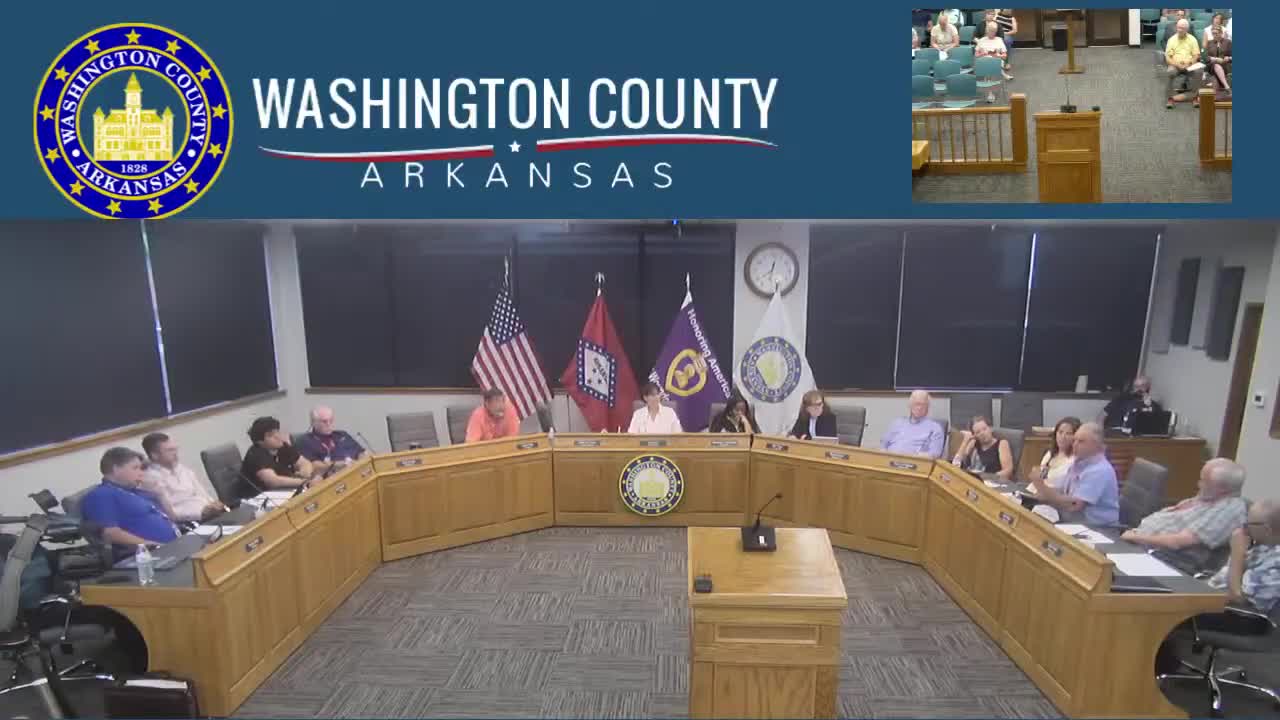
Public forum on industrial wind farms draws wide local participation; Act 945 and local controls highlighted
